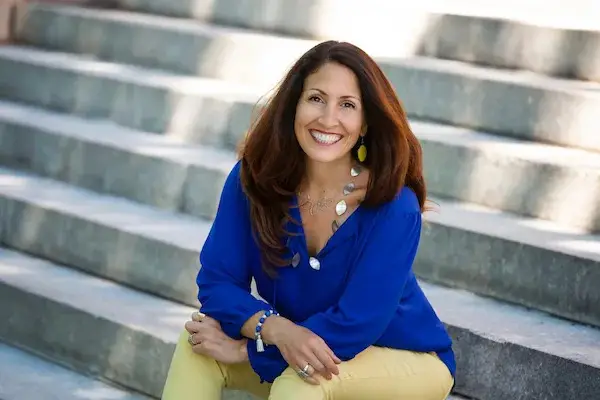JODI AMAN, LCSW
As a family therapist for over 20 years, Jodi shows people how to create Practical Miracles even in the most difficult times. As an inspirational speaker, she helps Generation Z and their parents find their Diamond Confidence, teaching usable tools to push past fear, connect with their personal agency, and expand their consciousness. As an anxiety-survivor, she totally gets it.
As a mom of teens, she double-dog gets it. Through her TEDxWilmington talk, “Calm Anxious Kids,” and her bestselling book, You 1, Anxiety 0, Jodi is changing the way we understand the current mental health crisis. Look for her newest book, Anxiety…I’m So Done With You: A Teen’s Guide to Ditching Toxic Stress and Rewiring Your Brain for Happiness, out now.







